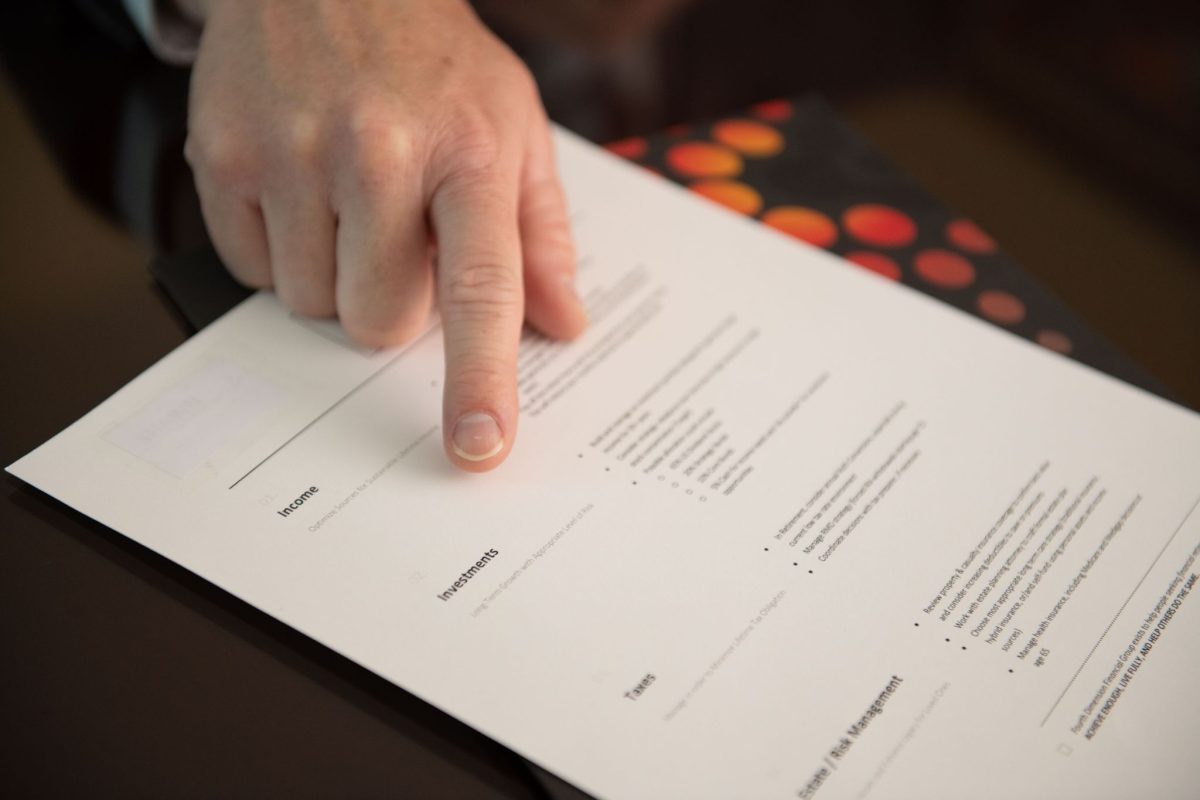
One of the most critical – and often overlooked – aspects of planning a successful retirement is the estimating of expenses during retirement. The ability to project what your lifestyle will cost into retirement allows you to determine whether the nest egg you’ve accumulated will go the distance. When we approach this subject with aspiring retirees, we’re often met with a similar response: “Well, we’ve always lived on what we made so we never really had a budget.”
Let me start by saying that there’s nothing wrong . with this. You may have expected me to say that you should have been running a detailed budget all of those years but I’m not going to say that at all. Why? Because whether you counted every penny and budgeted your expenses in advance of each month or not, you still had a budget. It was simply the amount you had coming in! You see, the act of budgeting is not the same as having a budget. In fact, I could argue this by pointing out that everybody has a budget – a finite amount of funds at their disposal – but not everyone performs budgeting.
When we get ready to retire then, it makes sense to look as closely as possible at the amount that’s spent each month to live as you do because once the paychecks stop coming from your employer, you need to replace those with paychecks from your accumulated savings and investments. In other words, you need to review your past budget in order to do some forward-looking budgeting in advance of retirement.
How do you do this if you’ve never really used budgeting? There are two ways you can get at the number that represents your lifestyle cost:
- Sit down and analyze all of your credit card statements, checkbook registers, bank statements, and bills for at least a three-month period. Doing so on a three-month basis allows you to capture quarterly payments like insurance premiums and also outlier expenses that may not be normal but still happen from time-to-time. When you get everything typed onto a single page, start adding everything up to see what it costs to be you. Or,
- Start with your gross (pre-tax) incomes, then subtract your retirement plan contributions (you’ll not be making these after you retire), taxes paid, and any regular savings you set aside. Unless there’s credit card debt that’s growing, the total of these numbers should come close to representing your spending. By backing into your spending, you’re less likely to miss items had you used just the first strategy above.
It’s at this point that you can identify any expenses that you’d like to reduce or eliminate or even some expenses that you’d like to increase during retirement like travel or fitness memberships, now that you’ll have a bit more time on your hands. This budgeting process can shed a lot of light on your expected budget going into retirement. With this information in-hand, you’re much more likely to retire confidently knowing whether you’ve saved enough to retire in the way you desire. One last item to consider: health insurance. For many retirees, health insurance costs are the biggest variable in their budget so be sure to pay special attention to this area. Having taken a little extra time to review your true budget allows you to do some budgeting, which leads to more peaceful living during retirement.
Recent Articles

Show Your Work: Why Transparency Matters in Retirement Planning

Unlocking the Mystery of Income Taxes

Social Security Strategy: Do You Have One?

Pension Decision: Just One Critical Piece of Information Is Needed to Decide


